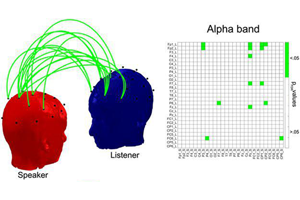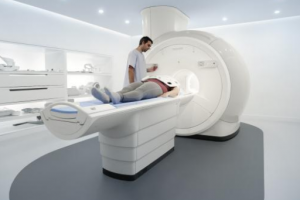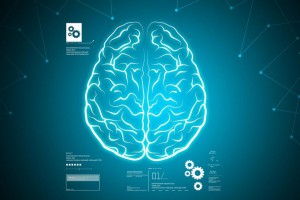Mouse study suggests that repairing brain protein production could counteract Alzheimer’s disease
Restoring protein production in the brain could help treat Alzheimer’s disease, according to a recent study using mouse models.
Restoring protein production in the brain could help treat Alzheimer’s disease, according to a recent study using mouse models. In the study, researchers showed that a substance that jump-starts protein synthesis helped mice with cognitive problems do better on memory-associated behavior tests. The study was led by researchers at the Federal University of Rio de Janeiro and New York University.
The brain converts short-term memories into long-term memories through molecular changes in the nervous system. Protein production in a region of the brain called the hippocampus is a critical part of this process. A group of proteins called the eukaryotic initiation factor 2 (eIF2) complex helps guide protein production in cells. However, when the cell encounters stress, it reduces protein production by adding a small chemical group called a phosphate onto eIF2.





Related Posts